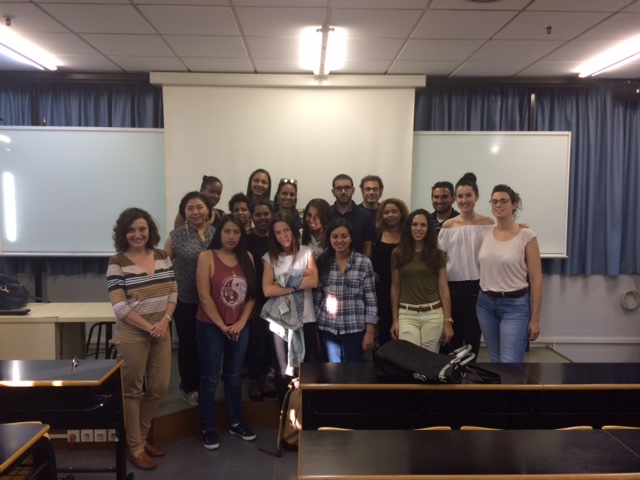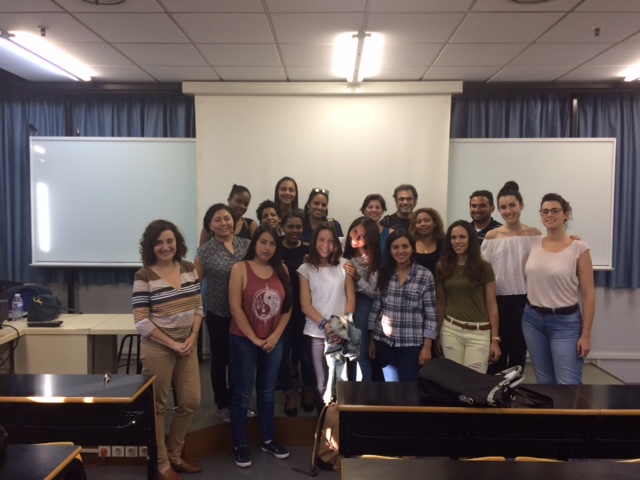
The new control method established in an area of Latin America is fighting Zika focused on the elimination of the mosquito that transmits it through the release of transgenic mosquitoes.
1 february 2016
São Paulo (Brazil) due to the lack of vaccination against the Zika virus, has focalised the fight against the mosquito that transmits the Zika virus. Specifically in the city of Piracicaba and its surroundings, they have released millions of genetically-modified-male mosquitoes (GM) for their descendants to die before they reach adulthood and, hence, cannot transmit the disease. The first results show a reduction in the number of mosquito larvae of an 82%.
We should remember that Zika’s main vector is the Aedes aegypti (also of transmitter of the dengue fever and the chikungunya) and the tiger mosquito (Aedes albopictus) which worries the Mediterranean area as it may infect the regions with the virus.
Zika has no cure although there exists the possibility of trying to control the mosquito population- generally with insecticides- and a third way of biological control through the use of genetics.
The plan:
Just as proposed by the British company Oxitec to the authorities of Piracicaba last spring, their strategy is to release genetically-modified-male samples of Aedes Aegypty GM so that they can oust wild males from mating with females. These mosquito males host and transmit a genetic mutation which makes the offspring dependant on tetracycline, an antibiotic that, when lacking, provokes their death before overcoming the pupal or larval stage.
After the authorisation of the Brazilian Health Ministry, although the main objective of the test was to fight the dengue as it shares the vector with the Zika, they put it into practice in order to reduce its incidence in the area. Since its start-up in April, around 25 million mosquitoes have been released. Local authorities have prorogued the experiment for one more year and are currently studying to extend it to a wider area, for what they would have to build a facility to rise insects.
The results of one of the trials developed by Oxitec in Juazeiro (Bahia) between 2010 and 2011 showed that a year after the release of GM mosquitoes, the A. aegypti adult population had reduced in a 95% and the number of eggs in a 82%, the same percentage of success as that of Piracicaba.
The positive results obtained in this first year calls biosafety responsible people of the Brazilian Government to authorise a commercial and massive display of these transgenic mosquitoes.
Up to now the Oxytec, recently bought by an American company, has carried out other trials in countries like Panama, Malaysia or the British Caiman Islands. Since the end of 2014, the release is also being tried out in Florida Keys, USA homonymous state.











